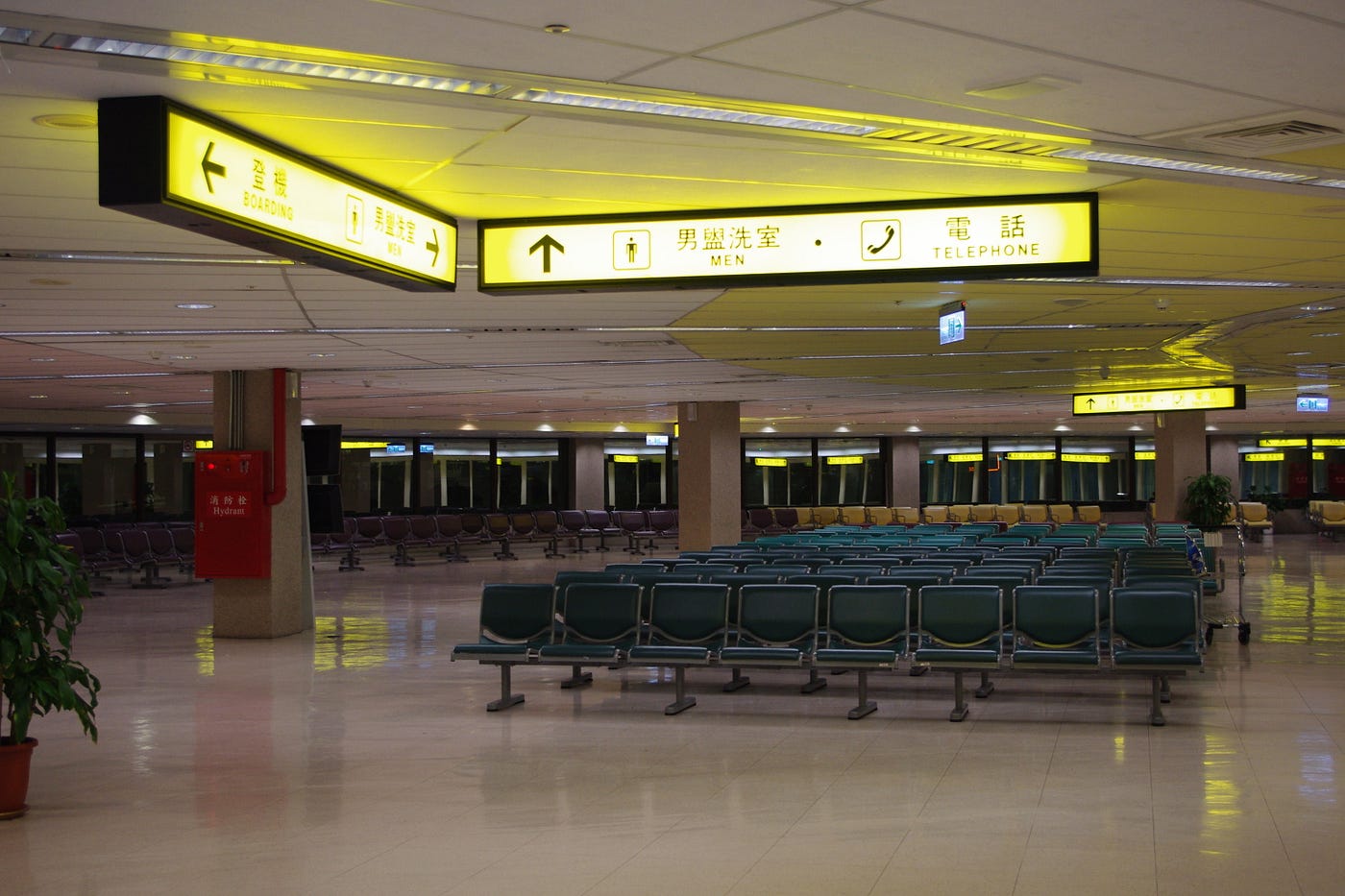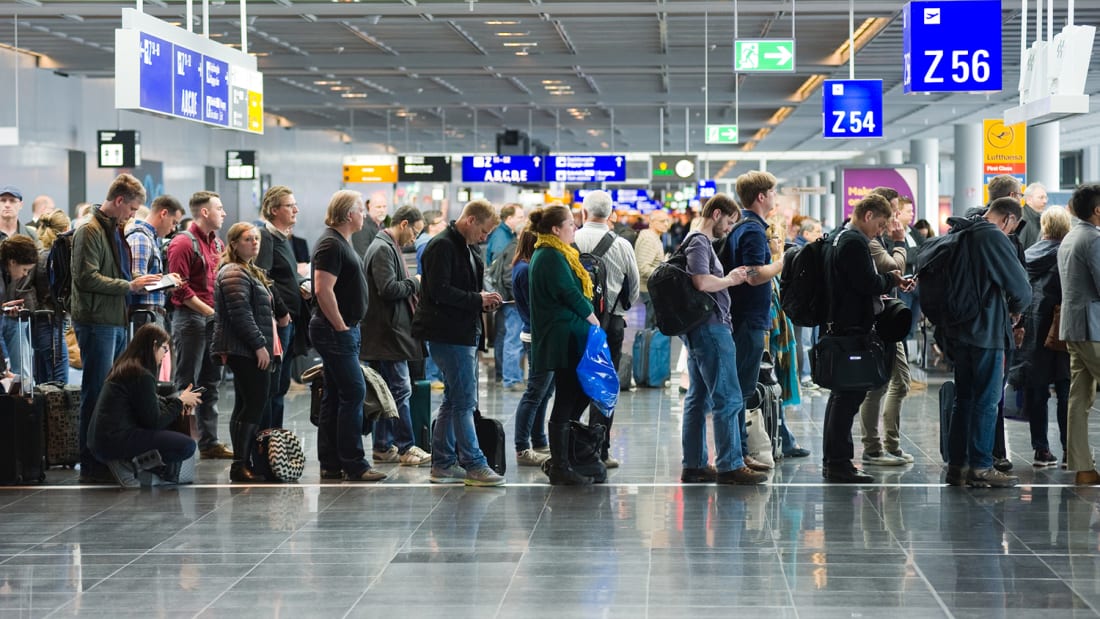Airports are hubs of human activity where people exhibit a range of behaviors, from harmless acts like yoga and sleeping on the floor to extreme and even dangerous incidents such as drunken altercations and attempts to open airplane doors mid-flight. The rise in air rage incidents has led airlines, like Ryanair, to propose measures such as limiting alcohol consumption at airport bars. The question remains: what is it about airports that leads to such unusual and sometimes anti-social behavior?
Psychological and Environmental Triggers
For many travelers, airports mark the beginning of their holiday experience, putting them in an excited and celebratory mindset. Others experience anxiety due to fear of flying, large crowds, and excessive noise, which can lead to stress-induced reactions. Research in environmental psychology suggests that such stressors can overwhelm individuals, making them more irritable and prone to emotional outbursts. People who are already predisposed to anxiety may find these conditions particularly challenging, further increasing the likelihood of aggressive or irrational behavior.

From a psychogeographic perspective, airports can be considered “thin places” where the usual boundaries of space and time blur. Like ancient sacred sites where people felt a connection between realms, airports are modern transitional zones where travelers are caught between locations and time zones. This liminality can create disorientation, as individuals lose their usual sense of routine and place. With time zones shifting and personal schedules disrupted, travelers may feel a lack of control, contributing to stress, frustration, and impulsive decision-making.
The Social and Psychological Effects of Airports
Airports not only foster anti-social behaviors but also encourage pro-social interactions. Travelers often share personal stories with strangers, temporarily breaking down social barriers. Alcohol consumption further enhances this uninhibited socialization, but it can also lead to reckless behavior. The lack of defined societal roles in this transitional environment may make some people feel adrift, leading them to act out in ways they typically wouldn’t in their everyday lives. This disorientation, combined with the loosening of personal boundaries, often leads to unpredictable behavior.
According to Sigmund Freud’s psychological theory, the airport environment may trigger a shift from the controlled, rational ego to the impulsive and instinct-driven id. Freed from normal constraints and sometimes influenced by alcohol, some individuals indulge in unruly behavior. While banning alcohol at airports may seem extreme, it could be a necessary step to curb increasing incidents of air rage. Since airports naturally erode personal and societal boundaries, implementing stricter legal restrictions may be one of the few ways to maintain order in an otherwise chaotic environment.
